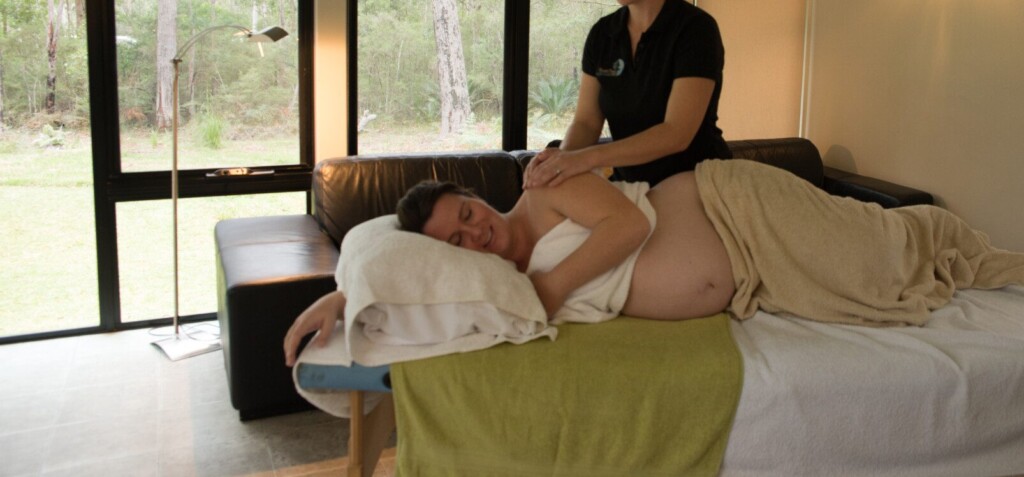Ultimate Babymoon Getaways: When Should I Take a Babymoon
A babymoon is typically recommended during the second trimester of pregnancy when the expecting mother is more comfortable and has a lower risk of complications. However, it is crucial to consult with a healthcare provider before planning a babymoon to ensure it is safe for both the mother and the baby.

Taking a babymoon—a vacation specifically planned for expectant parents before the arrival of their baby—is a wonderful way to cherish precious moments together and enjoy a well-deserved break before the demands of parenthood take hold. While the timing of a babymoon may vary depending on individual circumstances, the second trimester of pregnancy is often considered the most suitable time to embark on this special journey.
The first trimester of pregnancy, which encompasses the initial 12 weeks, can be a challenging period for many women. Morning sickness, fatigue, and hormonal changes can make traveling less appealing and enjoyable. It’s also worth noting that the risk of complications, such as miscarriage, is higher during this early stage. Therefore, it is generally advisable to consult with your healthcare provider before making any travel plans during the first trimester.
Ultimate Babymoon Getaways: When Should I Take a Babymoon
During this stage, many women experience morning sickness and fatigue, which may make traveling less enjoyable. Additionally, there may be a higher risk of complications during this early stage of pregnancy, so it’s advisable to consult with your healthcare provider before planning any trips.
Return to Ultimate Babymoon Getaways
As you enter the second trimester, usually around weeks 14 to 27, you may find yourself feeling more energized and experiencing a decrease in morning sickness. This period is often described as the “golden trimester” as many women feel their best during these weeks of pregnancy. The risk of miscarriage decreases significantly, and you may have an increased sense of well-being. These factors make the second trimester an ideal time to consider taking a babymoon.
During this stage, you will likely have more flexibility and comfort for traveling. You may feel less fatigued, and your baby bump may not be as large, allowing for more ease of movement. It’s important, however, to be mindful of your limitations and listen to your body. Each pregnancy is unique, and individual circumstances may require different considerations. Consult with your healthcare provider to ensure you are physically and medically fit to travel.
The second trimester, which spans from around weeks 14 to 27, is often considered the most comfortable time to travel. By this point, morning sickness tends to subside for many women, and energy levels are usually higher. Most pregnancy-related discomforts, such as frequent urination and backaches, haven’t fully set in yet. However, every pregnancy is unique, so it’s crucial to listen to your body and consult with your healthcare provider for personalized advice.
When planning your babymoon, take into account factors such as the duration of the trip, mode of transportation, and the destination itself. Opt for a destination that offers a peaceful and relaxing environment, where you can unwind and bond with your partner. Consider places that are not too far from home, in case any unexpected medical concerns arise.
Return to Ultimate Babymoon Getaways
Ultimate Babymoon Getaways: When Should I Take a Babymoon
While the third trimester can still be a viable time for a babymoon, it’s important to exercise caution and make adjustments accordingly. The risk of preterm labour and other complications increases as you approach the later stages of pregnancy. It is generally recommended to choose a destination closer to home and ensure that you have access to appropriate medical facilities should the need arise.
During the third trimester, it’s generally not recommended to travel long distances or too far from your healthcare provider. The risk of preterm labor or other complications increases, and you may feel more uncomfortable as your belly grows larger. If you still wish to plan a babymoon during the third trimester, choose a destination closer to home and ensure you have access to proper medical facilities.
Furthermore, keep in mind any travel restrictions or advisories that may be in place at the time of your babymoon. Stay informed about the current situation, both in terms of the pandemic and any other potential concerns specific to your chosen destination. Your safety, as well as the well-being of your baby, should always be the top priority.
Remember that a babymoon doesn’t have to be an extravagant or lengthy trip—it can be as simple as a weekend getaway to a nearby town or a staycation near your own home. The key is to create a relaxing and memorable experience for you and your partner, savouring the last moments of your pregnancy journey together.
In conclusion, the second trimester of pregnancy, particularly weeks 14 to 27, is often considered the best time to take a babymoon. During this period, you are likely to experience more comfort and energy, and the risk of complications is relatively low. However, it is essential to consult with your healthcare provider before making any travel plans, as they can provide personalized advice based on your specific circumstances. Whether you choose to travel far or stay close to home, the most important thing is to enjoy this special time with your partner and create lasting memories before the arrival of your little one.

